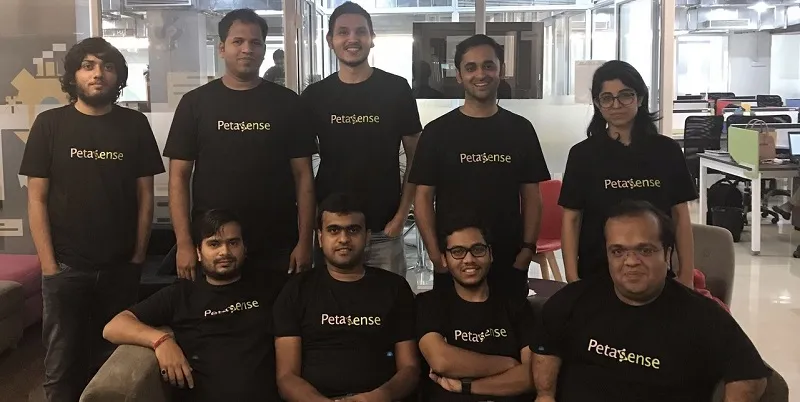Five edge computing startups to watch out for in India
India is hooked on the Internet of Things (IoT). There are several startups using the power of connectivity to digitise everything - from homes to cars to offices - but edge computing takes IoT to the next level, and it need not be dependent on the cloud to compute. It can serve users even when the internet is flaky by processing information locally for immediate action.
In edge computing, data is processed as close to the source as possible - the edge of the network - instead of in a central data-storage warehouse. For example, if you have a house with sensors, and the data is being transmitted to the cloud, any latency in the cloud would result in upset customers as actions would not get executed. However, if these devices use local storage and compute, it is far more effective than sending it to a central cloud.
The three global giants – AWS, Google and Microsoft - are now letting startups pioneer local compute by opening up application programming interfaces to enable local devices of service providers, like IoT startups, to enable the compute to take place locally.
Edge computing is driven by mobile computing, along with the overwhelming number of networked devices, courtesy the Internet of Things (IoT), and the falling cost of computer components. Gartner predicts there will be 25 billion connected devices by 2020. According to a new market research report by MarketsandMarkets, the global edge computing market size is expected to grow from $1.47 billion in 2017 to $6.72 billion by 2022 at a Compound Annual Growth Rate (CAGR) of 35.4 percent during the forecast period.
Here are the five Indian startups in the space to watch out for:

Petasense: The Bengaluru based company has been computing machine vibrations to figure out their rate of failure since 2014. They use internet to collect data, and are thus able to reduce the bandwidth usage, cloud processing, and cloud storage. The company has not only raised money, but is helping manufacturers save money on protecting their assets with gears and any moving component. Petasense, founded by Abhinav Khushraj and Arun Santhebennur, mostly generates revenues from the US.
Oakter: This Delhi-based company started in 2015, and allows users to control their homes with a smartphone. Everything - from lights to TV - that has sensors can be controlled with the Oakter app. The platform integrates all sensors to give a user complete control of his home. The startup can compute this process locally without having to transmit data to the cloud. The founders are Shishir Gupta, Nithin David and Varun Gupta. The annual run rate of company is Rs 10 crore.
LabToInnovation: This IISc-incubated startup, founded in 2015, provides a railway station masters a complete digital map of the movement of trains. The company has designed a sensor that can be attached to the tracks to check for any fractures and faults. They also sense damages in rail tracks with vibration sensors. The startup uses edge computing to manage data, manage security of data and allows station masters to make instant decisions. The founders are Ganapa Rao and S K Sinha.
Synconext: Founded by Vishal Jain in 2015, this startup automates offices and focuses on employee productivity. Its sensors measure the movement of individuals in rooms and manages air quality and saves on energy. The company calls itself an “IoT-enabled workspace creator.” Using heat maps of individuals, it allows offices to use their space better. It allows floor planners to optimally plan offices for efficiency. This startup has gone commercial in 40 locations.
Smarter Homes: After raising a large undisclosed round from an Australia-based global investment banker, Bengaluru-based Smarter Homes is taking its product to homes across the APAC region to save water. An average Indian household wastes about 150 litres of water a month just from leaky taps. This IoT-based company founded by Vivek Shukla and Kasturi Rangan has built smart meters that enable individuals to fix the problem, and allows them to remotely turn off pipes.







